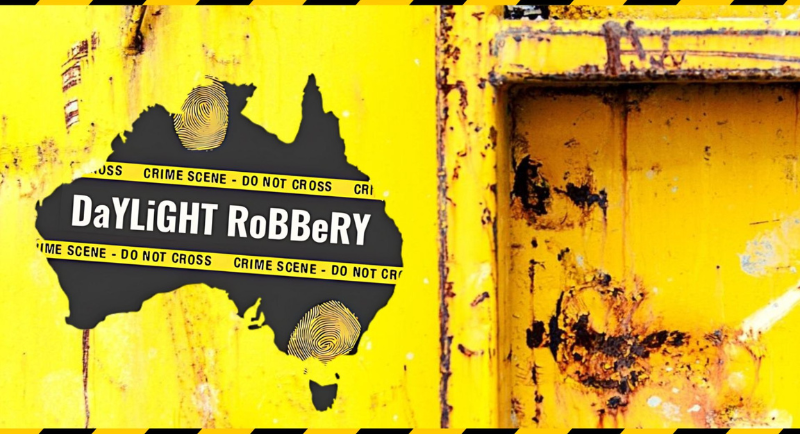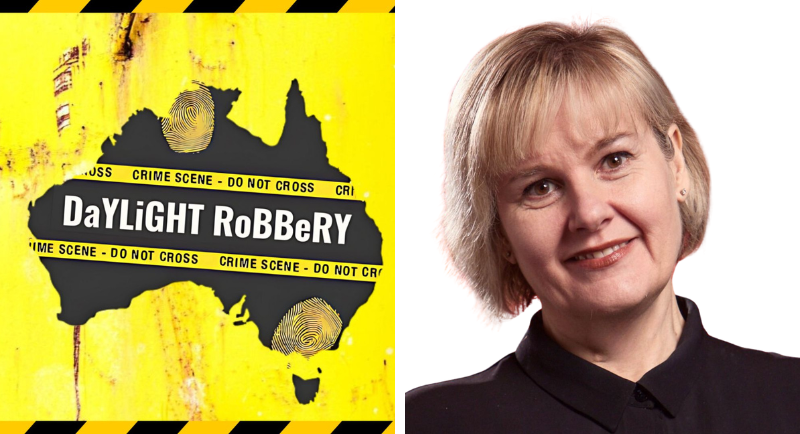By Alex Brooks, founder of Content Renegade
I like to joke that being a journalist is a bit like being a blacksmith – a skill struggling for relevance in an automated world of content abundance, algorithmic overlords and technology disruption.
But people still need stories, just as horses still need horseshoes.
Media was never a career for those seeking stability. I’ve had seven redundancy payouts – that’s more than the number of cars I’ve owned and way more than husbands I’ve had (two) and children I’ve raised (two).
I’m good at being less relevant. I have turned 50, which may as well be 100 in media years. (Though if someone else sends me a link to this miserable New York Times article about the death of creative careers, I will scream).
When stories strike, they strike people like me hard. I can’t ever stop asking questions. I can’t stop trying to make sense of the incomprehensible and join the dots into some sort of narrative.
When my 23-year-old son Louis bought his first apartment for $365,000 last year, I was proud of his achievement. As a former property journalist and author (whose books have now been used to train artificial intelligence models), I knew this was a great step towards future financial security.
Until it wasn’t.
Louis lost $109,350 transferring money for settlement to a fake Property Exchange Australia (PEXA) bank account that his bank not only enabled, but now charges him an extra $600 a month interest on.
I literally couldn’t believe banks didn’t recall the money and give it back. I had no idea this could even happen in first world Australia, where our banks worked hard to rebuild trust after the Hayne Royal Commission exposed them for charging dead people (ahem, that’s stealing) and preying on vulnerable customers (that’s fraud).
I asked enough questions to discover that Louis’ experience was far from unique – other Australian home buyers were losing money on banking platforms due to shady mule bank accounts, widespread identity breaches and money laundering. In Australia, scam victims ‘authorise’ their own loss thanks to the ePayments Code, developed in the 2000s when no-one imagined how widespread cybercrime would become.
I had no idea that Australian law allows banks to pay someone $500 or $1000 to ‘remediate’ customers for losing hundreds of thousands of dollars. It’s basically legal for banks to take profits from crime committed on their platforms.
‘I thought this was a big story’
I thought this was a big story. But when I went to pitch it to the media, the response was lukewarm at best. In an era where engagement trumps enlightenment, telling complex stories about legal grey areas is nearly impossible.
A story that I believed would have been jumped on ten years ago as an exclusive now took me endless phone calls and emails to get up. Editors would initially agree to commission, but then:
Tell me their freelance budget had been cut to nothing, so the story couldn’t go ahead. Boo.
Another editor agreed to publish it, but was made redundant the day before the story was due to be published. Double boo.
I then made more phone calls that finally secured publication, and provided more than 15 verification documents to prove the story was indeed factually correct. Yay for truth and accuracy.
But one story wasn’t enough to tell the truth of what was really happening in our banking system.

Alex has launched her own Daylight Robbery podcast.
Last weekend’s cyberattacks on Australian superannuation were hopefully one more proof point that we live in an age where the enshittification of the internet has spread from media to digital banking and financial platforms, too.
I couldn’t look away and let what has happened to my son and the 35 other financial crime victims I’ve since interviewed go untold. So I’ve told the story myself.
If this new world order only lets me tell stories to hundreds of people, rather than the hundreds of thousands that my career in media enabled, then so be it.
For me, it’s still all about a story worth telling. The ‘paying attention’ part is out of my control. And I’m OK with that.
Alex Brooks has created Daylight Robbery: The Untold Story of Digital Bank Robbery available on Spotify, Apple and YoutTube.

